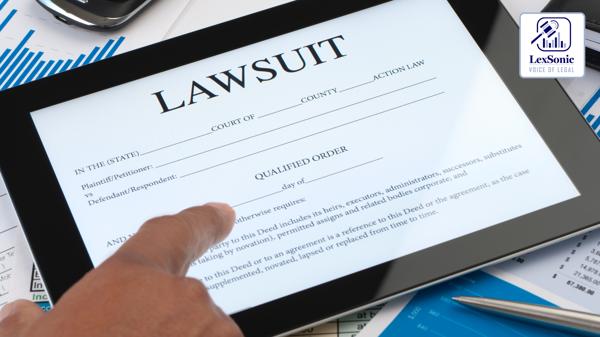Writ Petition Dismissed: Key Rulings on Amendment and Limitation in Civil Suit.
16 April 2024
Civil Suits >> Civil & Consumer Law | Sale Deed >> Personal Law
A recent legal ruling of Sunanda Thakur and Others vs Rajendra Dynaneshwar Khandve regarding a writ petition challenging an order from the learned Trial Court concerning an amendment to a civil suit. The case revolves around a petition for the cancellation of a sale deed and the implications of a development agreement and power of attorney.
Case Background:
The original civil suit, Special Civil Suit No. 1210/2017, was filed in 2017 with the intention of canceling a sale deed dated November 13, 2016. The petitioners sought to amend their suit by including two documents—a development agreement and a power of attorney, both dated October 26, 2007—as these were deemed precursors to the contested sale deed.
On August 3, 2022, the petitioners submitted an application for this amendment, asserting that it was necessary to declare the 2007 development agreement as illegal and void to clarify the judgment in the ongoing suit. The petitioners contended that this amendment would not alter the suit's nature but was merely formal and explanatory.

Opposition to the Amendment:
The respondents opposed the amendment, arguing that it was an attempt to address deficiencies in the plaintiffs’ initial pleadings. They emphasized that the petitioners were aware of the relevant facts when filing the original suit in 2017 and questioned their due diligence. The respondents asserted that the rights established by the 2007 documents had already crystallized, and thus, any challenge to them was time-barred.
Trial Court's Ruling:
The learned Trial Court reviewed the amendment application and, on June 10, 2023, rejected it. The court highlighted that the challenge to the registered development agreement, made 16 years after its execution, was outside the applicable limitation period. By this time, the trial had progressed significantly, with the plaintiffs having already submitted their evidence.
The court noted the absence of due diligence on the part of the petitioners and concluded that the proposed amendment would fundamentally alter the nature of the ongoing proceedings. Consequently, the Trial Court determined that allowing the amendment would not serve justice, as it would undermine the established rights derived from the 2007 documents.
Arguments for a Liberal Approach:
In defense of the amendment, the petitioners’ counsel, Mr. Gharte, argued for a more lenient interpretation of amendment rules. He cited precedents suggesting that courts should not adopt a hyper-technical approach and should allow amendments that serve justice, even if they face limitation challenges. He referred to the case of Bharat Petroleum Corporation Ltd. v. Precious Finance Investment Pvt. Ltd., which emphasized the need for flexibility in allowing amendments.
Mr. Gharte also invoked a Supreme Court ruling to argue that the discretionary power of the court should favor amendments, especially when they relate to substantive rights. However, the court emphasized that while amendments are generally permitted, they must be assessed against the facts and circumstances of each case.
Conclusion and Directions:
After careful consideration, the higher court upheld the Trial Court's decision, emphasizing that permitting the amendment would cause severe prejudice to the defendants. It ordered the Trial Court to expedite the hearing of Special Civil Suit No. 1210/2017, ensuring it is resolved within one year, while reminding both parties to cooperate and avoid unnecessary delays.
The ruling illustrates the importance of diligence in legal proceedings and reaffirms the principle that substantial rights crystallized through registered documents cannot be challenged after an extended period without proper justification. The case serves as a reminder to litigants about the critical nature of timely and well-supported claims in civil suits.
